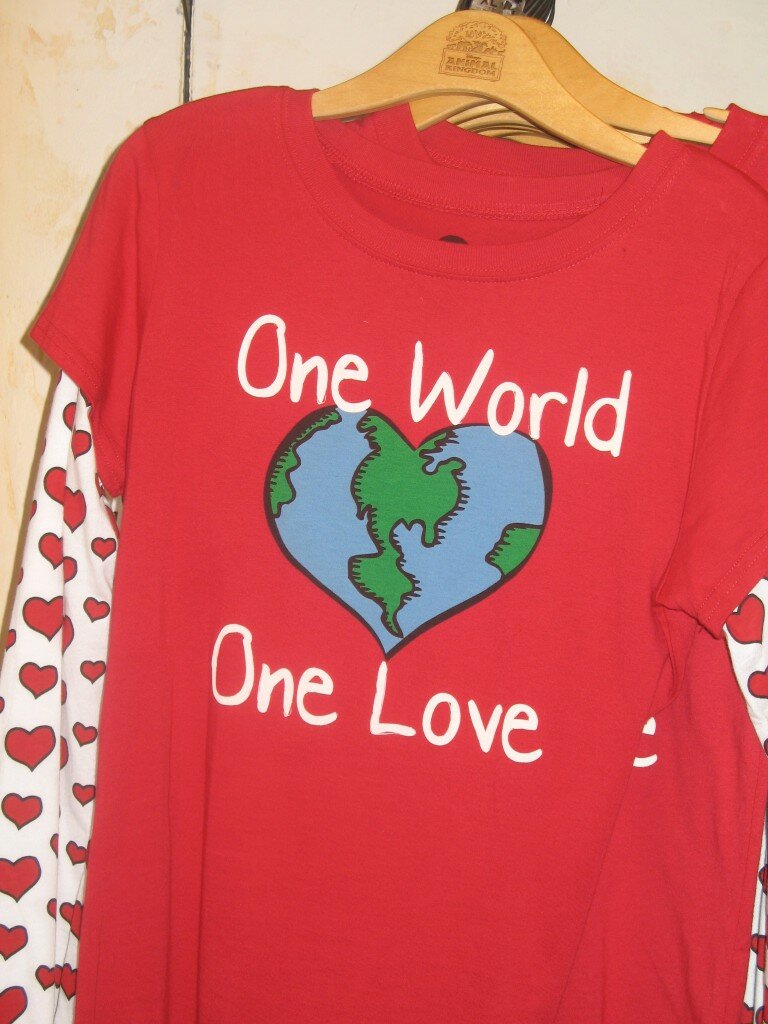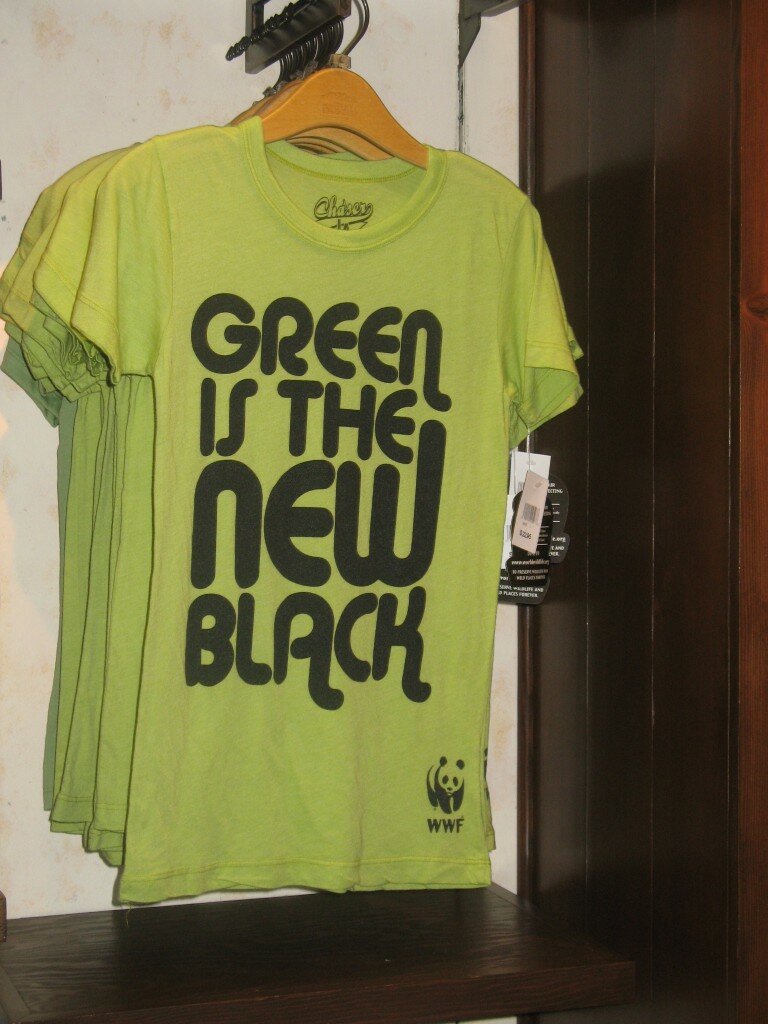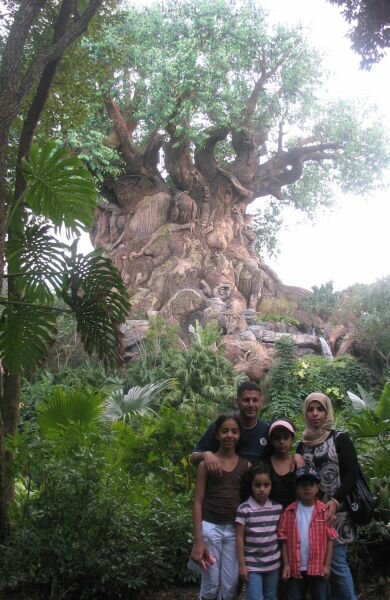Multiculturalism is for sale: What exactly are we buying?
Culture, Pop culture — By Mikhail Lyubansky on January 5, 2010 at 15:09Originally posted on Between The Lines in Psychology Today.
On the surface, multiculturalism seems a little like apple pie: It’s American and seemingly everyone wants a piece. No wonder, then, that corporations are trying to sell it to us, one slice at a time.
A short time ago, my wife and I took our young kids (ages 2 and 6) to Disney. We brought the grandparents along too and took turns taking the kids to the theme parks and going off by ourselves. It was our first time there since we were kids ourselves. Turns out, this wasn’t our fathers’ Disney World. In every park, in almost every corner, multiculturalism was for sale — sometimes as the featured attraction.
Why bother with intercontinental travel? In the Animal Kingdom, the African Safari is just a short walk away.
Come for the Safari, stay for the food, and music, and don’t forget to pick up a t-shirt on your way out. They’re for sale too, you know.
It isn’t just Animal Kingdom, of course. Indeed, few places sell multiculturalism on Epcot’s grand scale. Its World Showcase features rides, restaurants, and shows from China, Mexico, and 9 other nations.
And the park is so inclusive of diversity that its gigantic Christmas Tree is decorated with multilingual “Happy Holidays” signs. Below is the one in Hebrew.
Is there any better way to celebrate our differences?
Disney is clearly doing something right. During our weeklong visit, I was struck by the diversity of people I saw and languages I heard. And as far as I could tell, visitors from every cultural group enjoyed the parks and their exhibits.
Count my family and me among the satisfied customers. And why not? It’s all undeniably fun “” as long as we understand that what we’re buying is a fairy tale.
I know; it’s not a very profound idea. After all, this is Disney we’re talking about. How can one expect anything but a fantasy in the Magic Kingdom? But the multicultural illusion is unusually subtle. After all, the food, the music, the art, even the safari animals are all real. Even the Chinese acrobats are authentic.
And yet, it’s still just a fairytale.
Real multiculturalism requires an appreciation for other cultures and, though true understanding is difficult to attain, at least a growing awareness of different cultural practices and the meaning that those practices have for those in that particular cultural group.
Real multiculturalism is effortful. Misunderstandings arise, our feelings get hurt, our values get questioned. And in that process, we learn about ourselves, as well as others, and grow in ways both obvious and subtle.
Real multiculturalism requires real relationships, real inter-cultural experiences, not a dinner and show cooked up as part of a pre-packaged fantasy.
There is nothing wrong with the African safari or with the World Showcase, just as there is nothing wrong with Mickey Mouse and the rest of the Disney characters and fantasies. To the contrary, I appreciate the opportunity to sample different cuisines, and I absolutely love the fact that “multiculturalism” is now so mainstream that Disney is trying (and succeeding) in selling it to us — except that it’s no more real than Mickey and Donald. It’s worth buying perhaps, but as is usually the case with cheap replicas, it bears no resemblance to real multiculturalism — none at all.
__________________________
For more racial analysis of news and popular culture, follow @Mikhaill on Twitter.
Author: Mikhail Lyubansky (24 Articles)

I'm a member of the teaching faculty in the department of psychology at the University of Illinois at Urbana-Champaign, where I teach, among other courses, The Psychology of Race and Ethnicity. My research and writing interests focus on immigration, racial/ethnic group relations and social justice. I write a blog about race and racial issues for Psychology Today. Please follow me on Twitter: http://www.twitter.com/mikhaill (@mikhaill)







 Share This
Share This Tweet This
Tweet This Digg This
Digg This Save to delicious
Save to delicious Stumble it
Stumble it





 Congressman Raul Grijalva's response to the President's speech
Congressman Raul Grijalva's response to the President's speech News With Nezua | El Arpaio Alacrán
News With Nezua | El Arpaio Alacrán Racial discrimination should not trump voting rights
Racial discrimination should not trump voting rights







